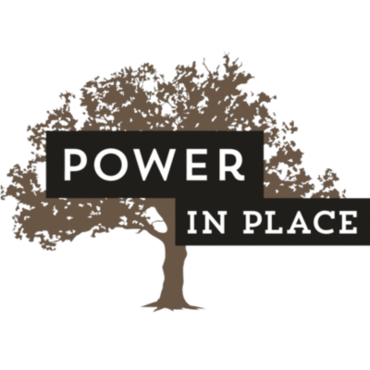INTERVIEW BY RIYA BALACHANDRAN
Photographed by Riya Balachandran
BEVERLY KIOHAWITON COOK, ST. REGIS MOHAWK TRIBAL COUNCIL CHIEF
IN HER OFFICE, SURROUNDED BY PHOTOS OF FAMILY AND CULTURAL ITEMS
“[when seeing a patient] Maybe sometimes you’re going to go deeper than just their high blood pressure, and giving them medication. You may want to talk about how things are going at home.”
On why she transitioned from family nurse practitioner to Tribal Chief: As a family nurse practitioner, I felt that I was trying to make changes within the institution of our health services… It was a bigger job than I anticipated, to have people really understand what I was talking about. And this doesn't apply just in the health field, it applies in a corporate setting as well; how you relate, how you speak to one another, how you treat your employees, how you treat your staff, your co workers and so on. I felt that maybe if I can get into this type of a leadership position, that I could affect policy in some way. That I could talk about these things on a different level that didn't corral it just to health. To help people understand that health is everything. Health is your mind, health is the way you think, it's the way you vocalize, it's the way you make another person feel- is it healthy or not. So one of the things that I've been able to put an emphasis on is women and children and families, I've been able to plant seeds.
Her advice for young girls and non-binary youth looking to go into politics: You have to love the people. You have to love the community, because they come in all shapes and sizes and all kinds of states of wellness. And you have to understand where their anger comes from, where their resentment comes from, all of it. I mean of course you have to have your boundaries, but you have to be understanding of it. And if you're not, if you don't care about them (you have to love them to care about them I think), then don't do it. You can't. It's not for the faint of heart. It's not for the faint of heart.
What we should know about the Mohawk Nation: There's a term called the Mohawk mind, the way we think about things and it's connected to our attachment to this land. Whether it's traditional hunting grounds, or whatever… our territory, way back in time, was 9 million acres. A little bit in Canada, down into a little bit of Pennsylvania, over into a little bit of Vermont. And then there were the other nations to the west of us. But this is all we have left. And that is traumatic in itself. What our people went through, the concessions that were made in order to save this little postage stamp piece of land. And so some of the resolve that our people have about their rights to this land, and their rights on this land is because of that. Because it's ours, but it's also all that we have left. And in our mind, we feel that we still have a forever claim to those 9 million acres because of the way that history happened. I know they’re very, very strong people, very proud people. And we hurt just like everybody else. We're still human but [I’m] very, very proud of us. All in all, with all of our issues that we still struggle with, we’re really something.
“All in all, with all of our issues that we still struggle with, we’re really something.”

